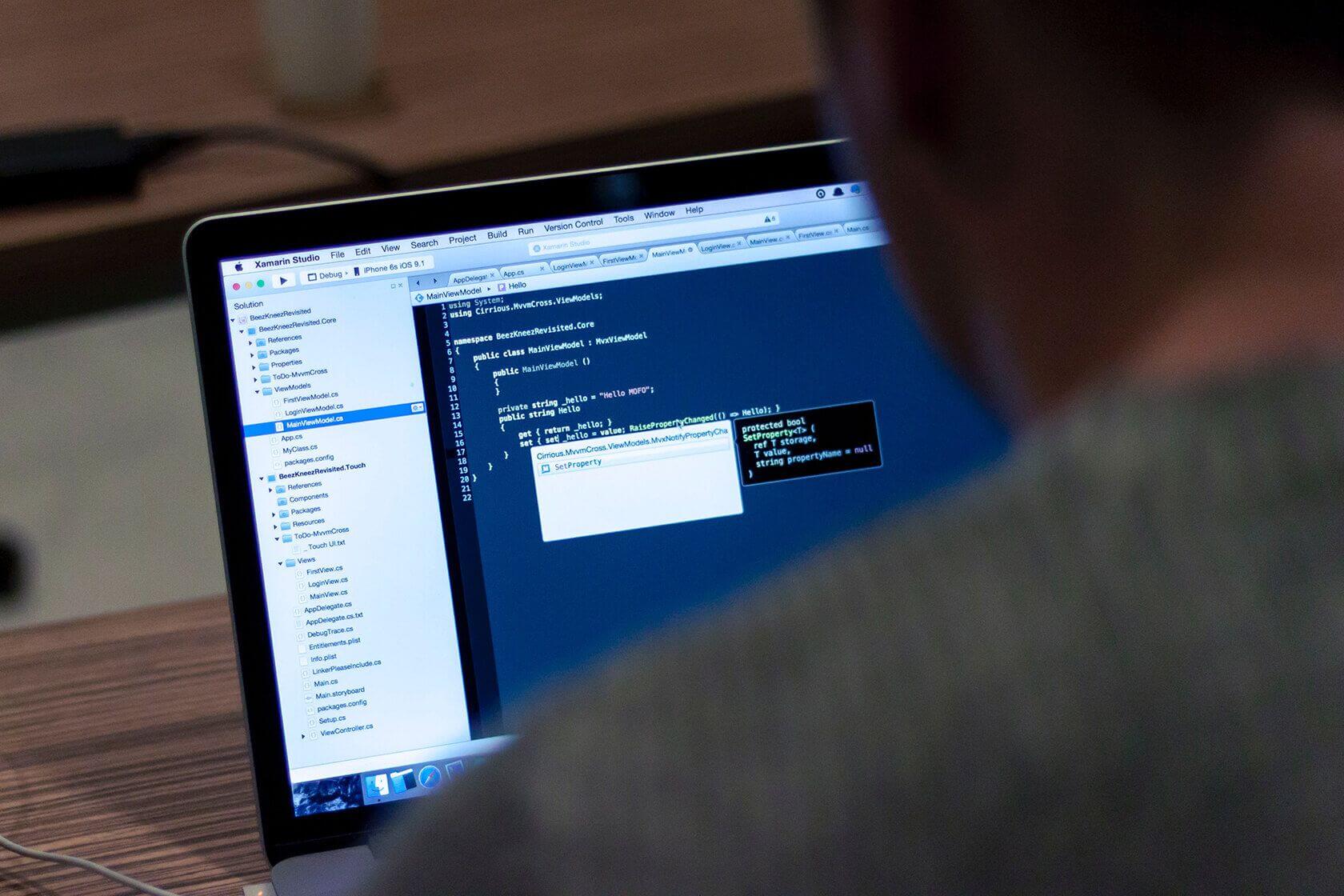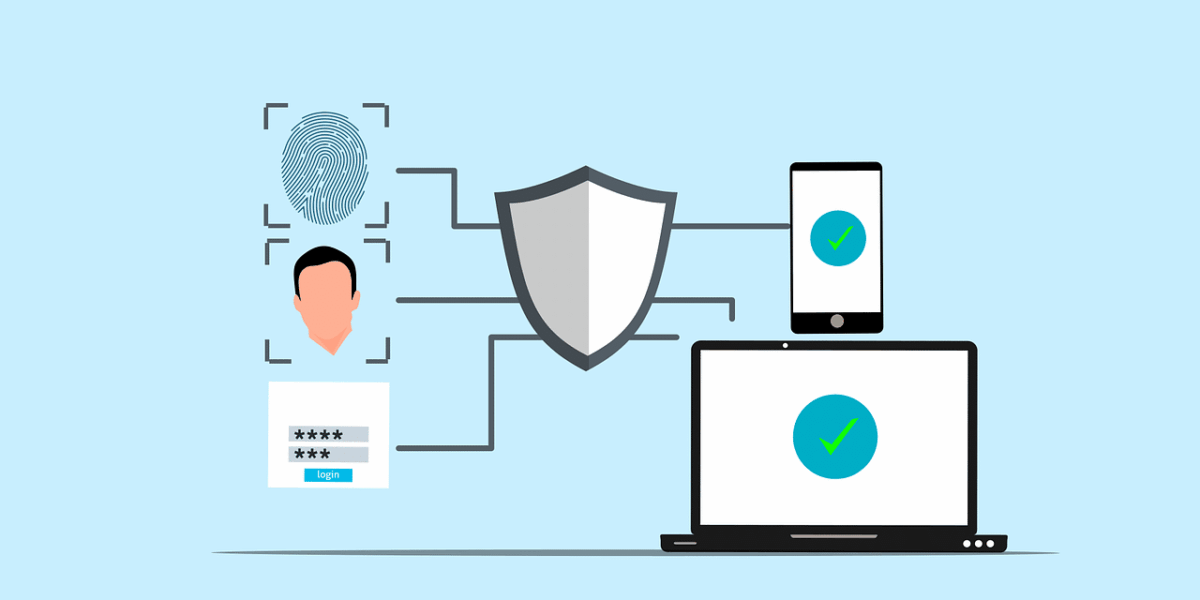Table of Contents
There is a large and varied computer security profession, so opinions will vary on what the best practices are. But there’s one thing that everyone agrees upon: don’t use your computers! The internet age has ushered in an era of digital connectivity where our devices can be compromised with ease. While we’re trying to figure out how much danger these new technologies pose for us, it would seem prudent not to put ourselves at risk from them altogether by using smartphones or laptops which may have operating systems vulnerable to malware attacks if they are connected online.
Sadly, that’s not really feasible for most people. However we found what measures computer security professionals use to secure their own machines in order make your digital life safer and better overall. One of the best methods is not to release all of your security techniques which can take years or even decades to learn but you can always find some tidbits from experts who have been doing it a long time like them!

Take online security seriously and respond quickly
The news has been buzzing about Panera Bread’s data breach following an article published on medium.com that nailed them to the wall for not addressing a massive user data breach of their customer information, which was left exposed for eight months and allowed anyone with access to view all customers’ full names, addresses, dietary preferences as well as email address before it was finally fixed by IT team who didn’t handle when it should have been brought up in leadership meetings.
Whether you’re a SME, large corporation or individual, it’s important to take digital security seriously. You wouldn’t leave your car running in the parking lot while going inside for half an hour so don’t let vulnerable online data be at risk from being stolen either.
Update your software — now, not later!
This is one of the most important tips on how to protect your data, and many people forget. It’s so simple- just click “Remind me Later” when a program wants to update. But you have no idea what they’re really updating! They could be patching up some security loophole or making it more difficult for hackers access your system via that vulnerability in their software- yet we all keep forgetting this easy step at our own risk!
New versions of the software are released every so often, but it’s important to make sure you have all your bases covered. Read through the release notes on what they intend to fix and then head over online forums where other people will be discussing their opinions about updates as well. If you’re already behind a version, take some time before deciding whether or not this new update is worth downloading considering more bugs might pop up. That’s how pros handle things!
You might not have updated your OS to High Sierra, but that doesn’t mean you’re safe. Security experts found a flaw in the operating system power cord recently and it’s been keeping them up at night ever since- so should we be worried?
It’s important to make sure you keep your computer and network safe by performing software updates. One of the best ways to do this is through a hassle-free, automatic update service for security patches, which will allow you not only have access to new features but also receive crucial bug fixes that protect against vulnerabilities in popular programs such as Windows or Adobe Reader.
Be miserly with your permissions!
In order to create a secure network, the Principle of Least Privilege is key. By giving people as few rights and privileges they need, you can minimize potential problems that may arise from others who have more permissions than them.
Imagine your network like a house and a hack like a break-in.
Example 1: In the event that a thief breaks in through your window, garage door or front porch and they know where you keep all of your valuables. They can get to everything by breaking into just one room!
Example 2: A thief will likely have trouble getting to our valuables since every room in the house has a locked door and all items are placed inside safes. If they do get into one of these rooms, then there is no way for them to get any other room- meaning that if we’re lucky, they might not even be able to take anything at all.
The most important safety measure you can take when it comes to protecting your information is controlling the access of those who are allowed on your network. Make sure each user has a specific set of permissions, and that they don’t have any more privileges than what’s necessary for their job role. This way there will be less chance for something bad to happen since people won’t be able to see or change anything outside of their own purview.
It might seem paranoid at first glance but in today’s world where data breaches continue to grow larger as time goes by, not taking these precautions would put everything from personal information like finances and social security numbers up online risk if an intruder gains unauthorized entry into one our computers!
Prepare for the worst: Do your backups
You know what the scariest part of working in 2018 is? It’s entirely possible that next time you turn on your computer, every file on it could be lost. This new year brings with it a host of difficulty and threats to our data security. There are hacks out there which hold hostage all or some portion of your hard drive for an indefinite period without any way to decrypt them once they’ve been taken over by hackers. There are environmental disasters such as natural earthquakes where servers can either get damaged beyond repair or shut down (leading people not being able to access their stored files). Even something like getting robbed at gunpoint might make accessing one’s company information impossible if vital passwords were given away during interrogation
In these times of hacking and theft, it is important to have a backup plan. If your hard drive crashes or gets stolen, you should make sure that the files are backed up in another location at all times so they can be retrieved when needed. There’s plenty more than one way to keep computers safe on today’s ever-changing cyber landscape; however being able to retrieve vital information from an outside source may prove invaluable during treacherous situations like data breaches and thefts.
You may have been told to update your software, backup your data and restrict user accesses. But what you should be asking is “Do we even know our company’s policy?” These tips don’t cover everything it takes for good computer and network security but they are great starting points!
Last tip: With all that said, don’t feel bad if you have any doubts about your company doing enough to protect against cyber attacks. When asked what security professionals do when they want to keep their data safe on a personal computer, most people say the same thing: not enough! If this sounds like something you need help with today, then get started as soon as possible and make sure there is no room for error in protecting yourself from attack.
Via: CBTNuggets




